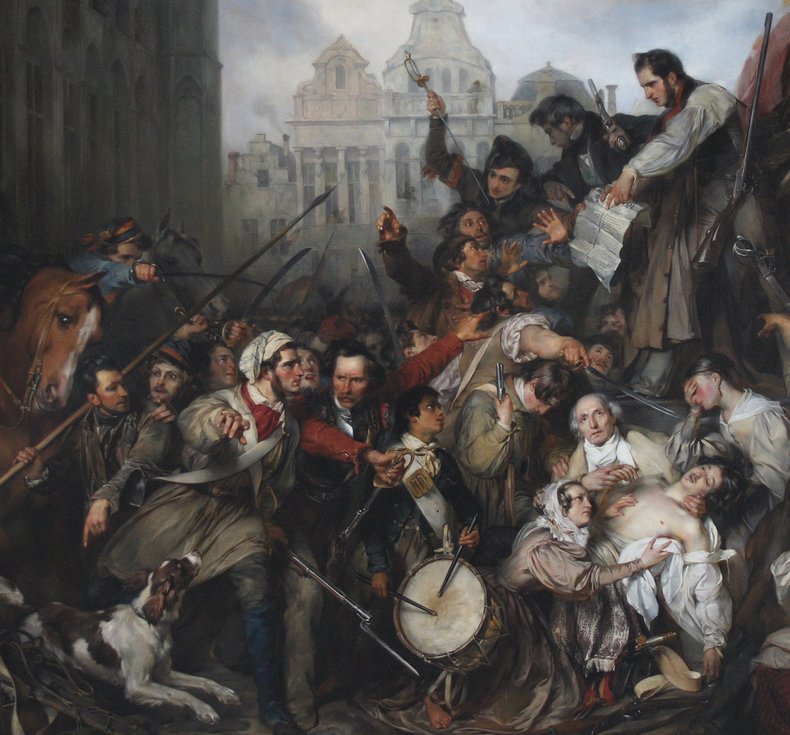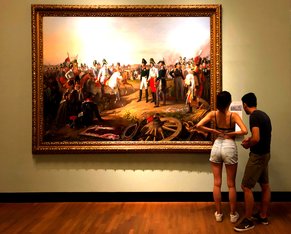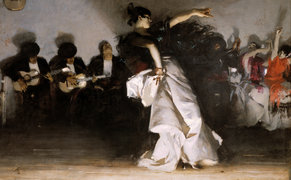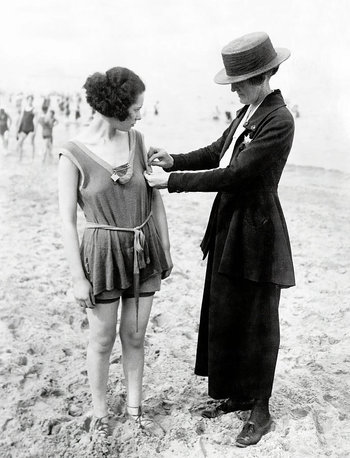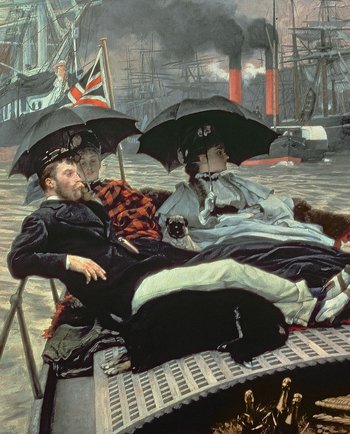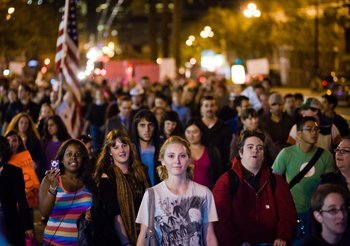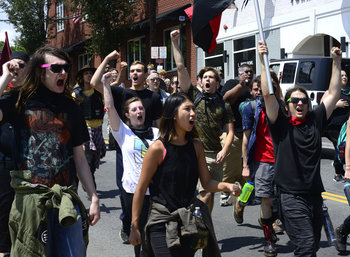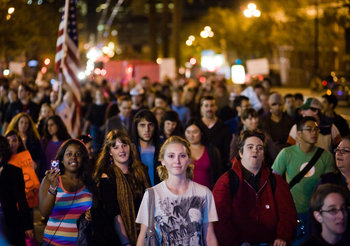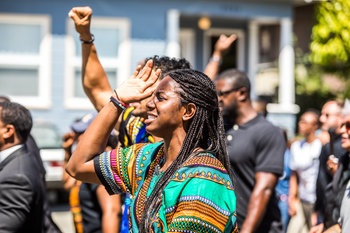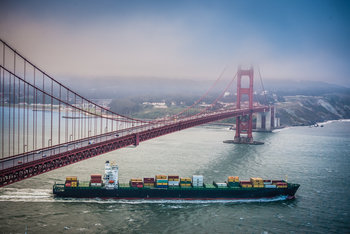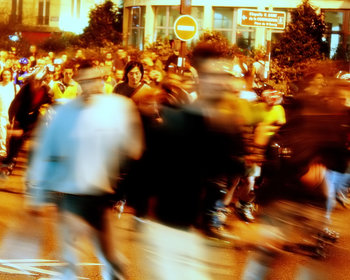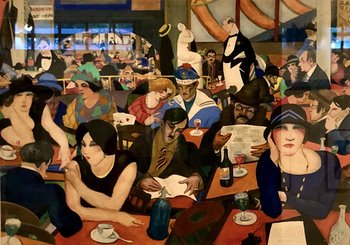A revolution is a sudden change to society. This implies conflict and extremely turbulent changes to the structure of a society. The following are common types of revolution with examples of each.
IndependenceRevolutions that gain independence from a foreign imperialist power. Historically, there have been hundreds of such conflicts. The large number of independence movements in the period around WWI and WWII are largely credited with collapsing major empires such as the British Empire. The following are a few examples of revolutions that can be classified as independence movements.| Time | Revolution | Imperialist Power | | 1568 – 1648 | Eighty Years War (Independence of the Netherlands from Spain) | Spanish Empire | | 1775 – 1783 | American Revolution | British Crown | | 1822 – 1824 | Brazilian War of Independence | Portuguese Empire | | 1919 - 1921 | Irish War of Independence | United Kingdom | | 1940 – 1944 | French Resistance | Nazi Germany | | 1945 – 1949 | Indonesian National Revolution | Dutch Empire | | 1946 – 1954 | First Indochina War (Independence of Vietnam, Laos, and Cambodia from France) | French Colonial Empire |
Civil WarA civil war often result from domestic independence movements or political revolutions that are popularly resisted. These are tragic events whereby civility breaks down to such an extent that war erupts amongst people who used to be neighbors, coworkers, friends and family. For example:| Time | Conflict | Associated Political Issue | | 1861 – 1865 | American Civil War (United States) | Abolition of Slavery | | 1868 - 1869 | Boshin War (Japan) | Westernization of Japan | | 1899 - 1901 | Boxer Rebellion (China) | Revolution against foreign imperialist influence in China | | 1927 - 1949 | Chinese Civil War | Communism | | 1950 – 1953 | Korean War | Communism | | 1955 - 1975 | Vietnam War | Communism |
Power StruggleA revolution that replaces one leadership structure with another without any remarkable changes to the political system. Thousands of these have occurred historically whereby one autocrat overthrows another. This can occur as a popular revolution or as a coup d'état that represents a seizure of power by a political faction often using military force. Globally, there were 457 coup attempts from 1950 to 2010 with 227 of these being successful in grabbing power. There is nothing in the definition of revolution that requires popular participation such that a coup d'état is a type of revolution. Political RevolutionA revolution that seeks to completely replace a socioeconomic system.| Time | Revolution | Resulting System | | 1789 – 1799 | French Revolution | Constitutional monarchy that included many of the principles that now underlie modern liberal democracies. | | 1917 | Russian Revolution | Communism | | 1908 | Young Turk Revolution (Ottoman Empire) | Restoration of multi-party politics and constitution | | 1960 | April Revolution (South Korea) | Democracy (overthrow of an autocratic regime) |
NotesHistorically there have been thousands of revolutions such that the examples above represent a very small sample.
History
This is the complete list of articles we have written about history.
If you enjoyed this page, please consider bookmarking Simplicable.
ReferencesPowell, Jonathan M., and Clayton L. Thyne. "Global instances of coups from 1950 to 2010: A new dataset." Journal of Peace Research 48.2 (2011): 249-259.
© 2010-2023 Simplicable. All Rights Reserved. Reproduction of materials found on this site, in any form, without explicit permission is prohibited.
View credits & copyrights or citation information for this page.
|
